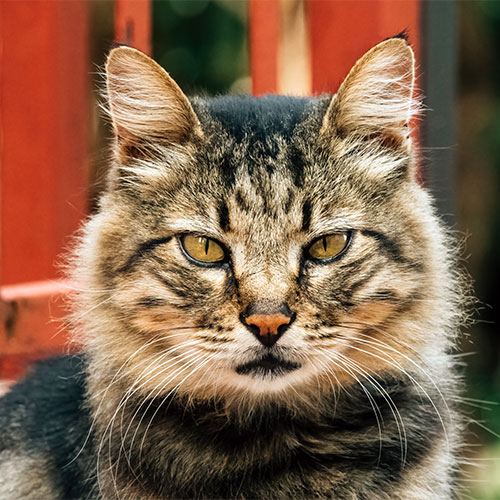
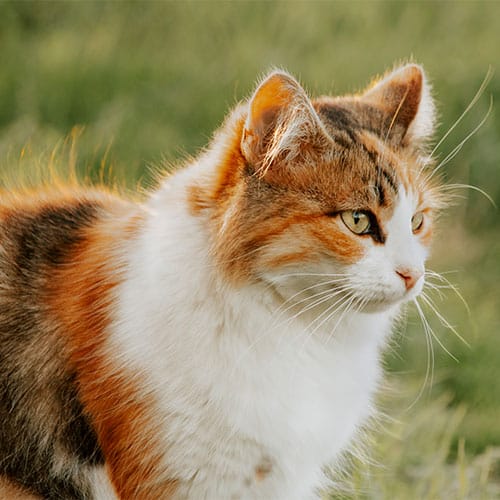
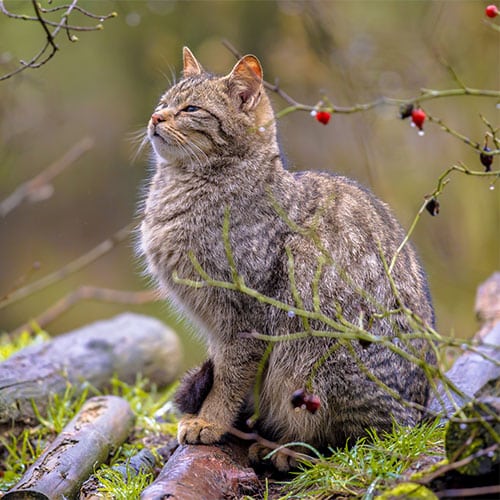
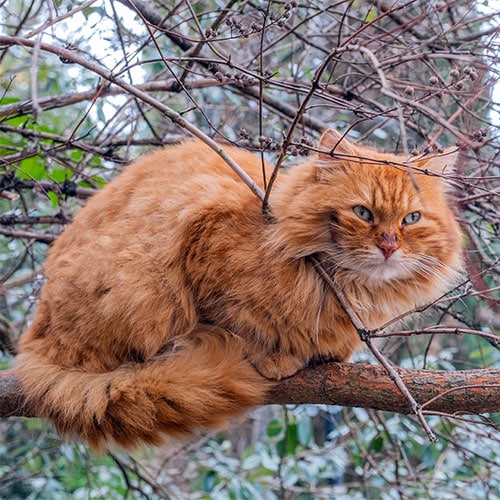
Cat Colonies & Feed the Ferals Initiative
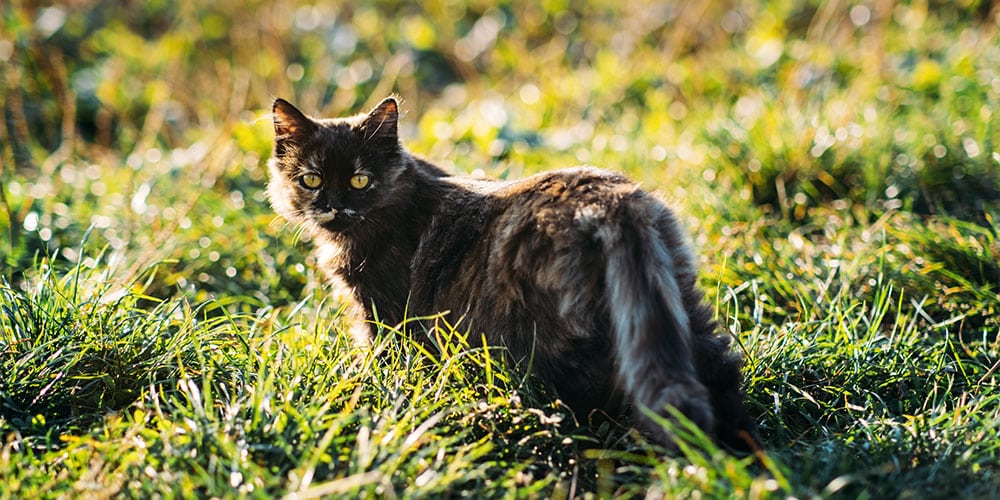
About Feed The Ferals
Cat Colonies are an essential part of our community. Many feral, stray, and community cats rely on dedicated colony caretakers for their safety, food, and overall well-being. These cats often live in complex social structures and are cared for by compassionate individuals.
At West Valley Humane Society, we understand the significance of these colonies. To best serve our community, we aim to establish strong relationships with colony caretakers. This enables us to identify cats brought to the shelter and determine whether they are part of a colony. Understanding these dynamics helps in mapping our population control efforts throughout the county and enables us to serve the community more effectively.
Basic Colony Care
- Trap, Neuter, Vaccinate, and Return (TNR+V): Employ this method to control and gradually reduce the number of cats in a feral cat colony. WVHS offers TNR services for $25, with additional services available at varying fees.
- Property Care: Refrain from caring for cat colonies on property where you do not have explicit permission or ownership. Secure written permission from the property owner to avoid potential legal issues.
- Feeding Station: Establish a feeding routine for cats in your care. Feed them on an elevated platform, away from elements and scavengers. Maintain cleanliness to avoid attracting unwanted animals and keep neighbors happy.
- Cats Record Keeping: Record details of each cat in the colony, including age, health, and spay/neuter status. Monitoring new arrivals and immediate TNR+V efforts is essential.
- Plan and Shelter: Always plan for contingencies, such as trips, sick days, or vacations, and arrange for a backup caretaker. Build or buy shelters to protect cats, especially during cold weather.
The Feed the Ferals Initiative is designed to assist Cat Colony Caretakers in providing food for their established colonies. To receive food assistance, complete the application below. Please note, this program operates on donations and may not consistently provide support. It should not be the sole source of food for the colony and operates as long as supplies last.